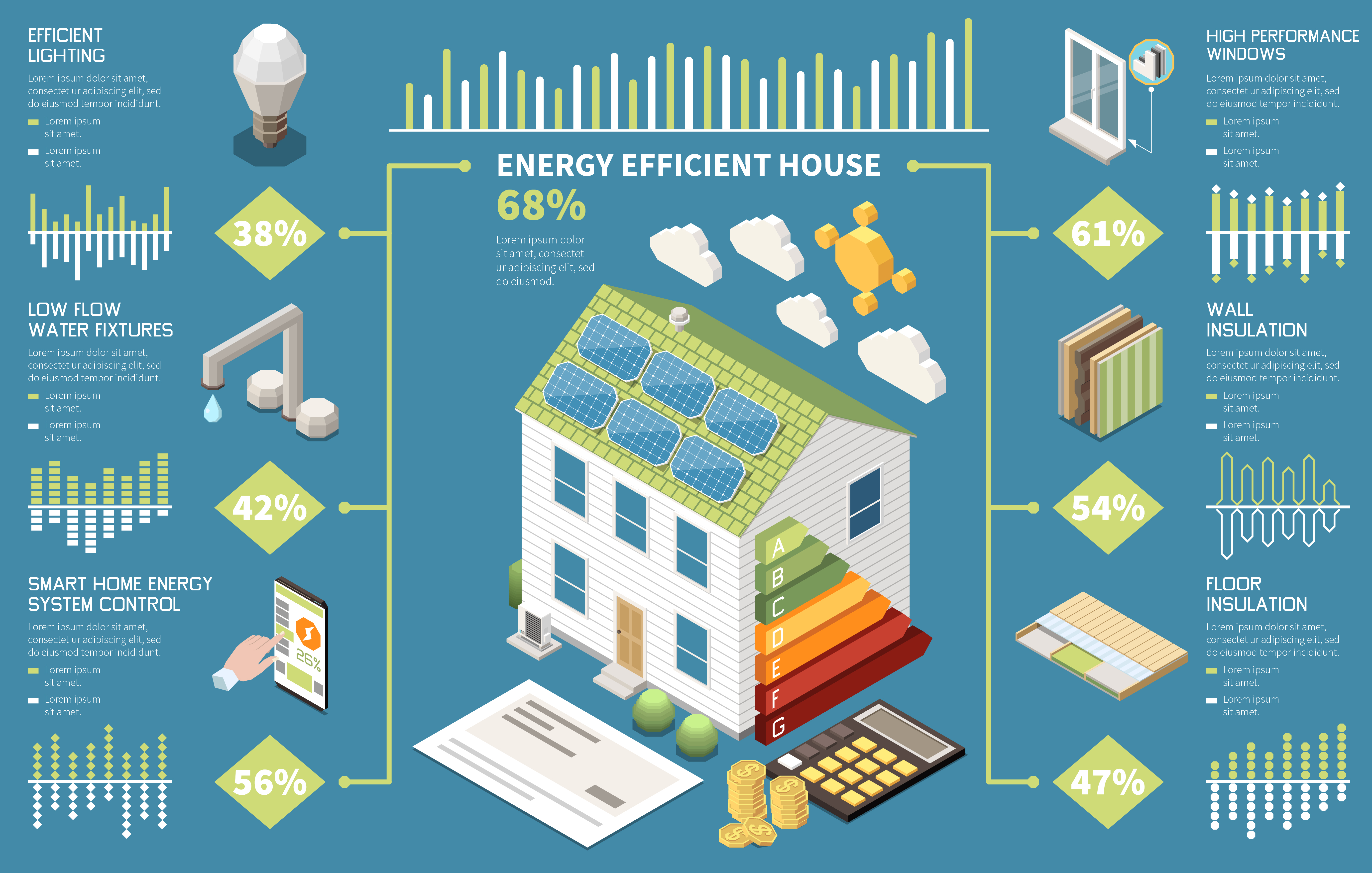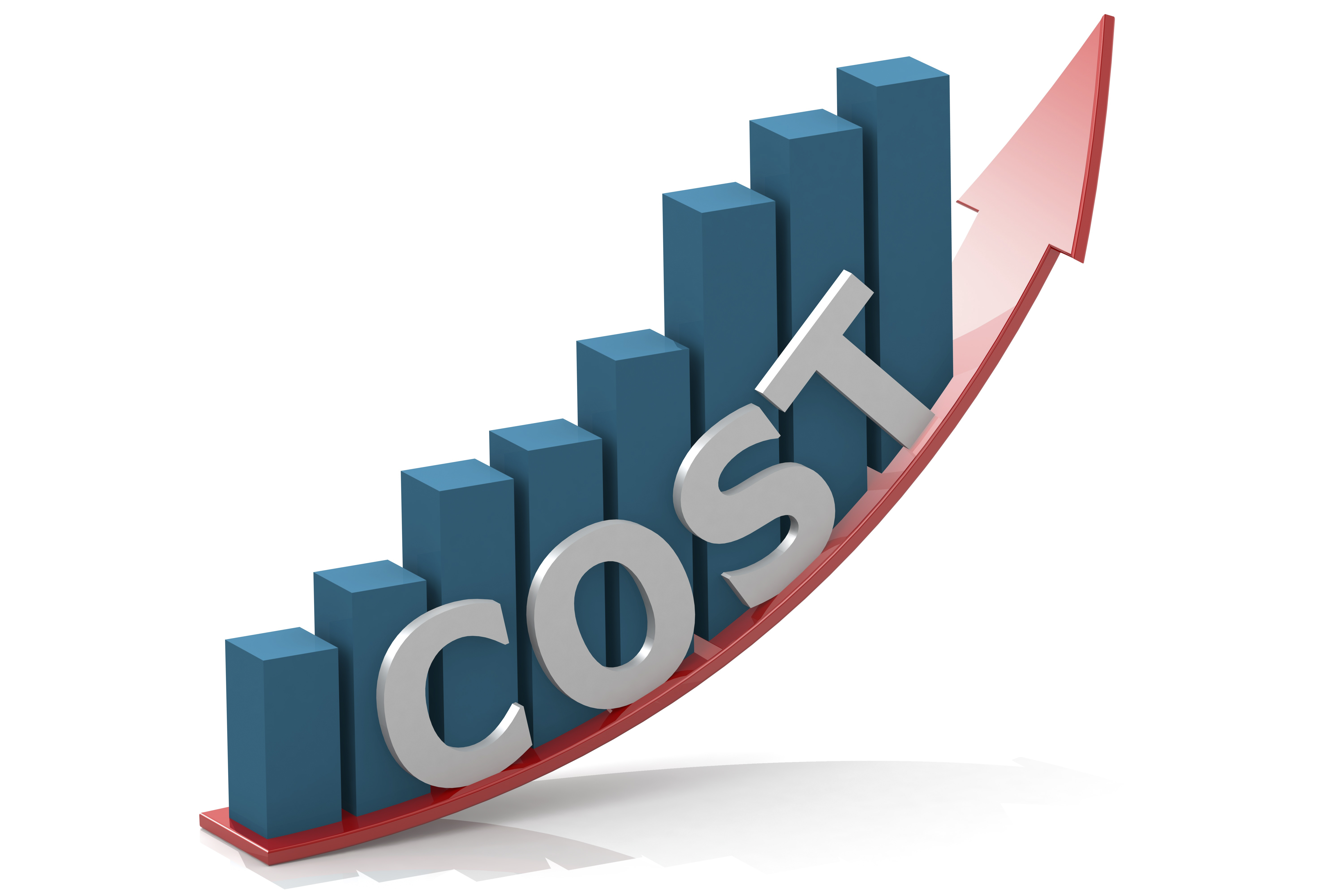Being a Landlord can be a complex and difficult experience, there’s a lot to understand, obligations to attend to, legalities to maintain, and of course – taxes to manage.
Whether you’re renting out part of your own home, a second property, or have a whole portfolio of rental locations – you need to keep a careful eye on your accounts, and make sure that you’re declaring the right figures to HMRC, otherwise you risk tax investigations, penalties and fees, or even jail time!
There are a lot of different elements to consider, including allowable expenses, which can make your rental income stretch further and (potentially) reduce your tax bills.
We’ve put together six pieces of advice to help you manage your rental income, and prepare for the taxes you might be required to pay on it.
- Make Full Use of Your Property Allowances, and Register for Self-Assessment when Appropriate
If you’re earning money from renting property, the first £1,000 of this income isn’t taxable – it actually falls under a ‘Property Allowance’, and if you’re earning less than this figure – you may not be required to inform HMRC (although you should contact them to discuss the income, and make sure that you’re not required to do anything else – especially if you’ve got income coming in from a different source).For those earning between £1,000 and £2,500 through property, HMRC advises you to contact them, but you may not necessarily be required to register for Self-Assessment at this point – again, it depends on your personal situation, other income, and taxable status.However, if the property income is between £2,500 and £9,900 (after allowable expenses), or £10,000+ (before expenses), then you must register for Self-Employment; and you are legally required to do this no later than the 5th October of the following tax year in which you received the income.
- Be Aware of any Mortgage Tax Relief You May Be Eligible For
If it’s been a while since you took out your mortgage, you may not be aware of the changes surrounding the tax relief on mortgage interest. Before 2017, the interest was 100% deductible – this was beneficial for many landlords who had interest-only mortgages as it allowed them to basically claim all of their repayments as a relief; however – since then a new tax credit has been introduced on a sliding scale which has changed the deductible to a 20% tax credit, and depending on the year in which you’re claiming this credit, the amount your could deduct in that year will vary (for example, if you were claiming in the 2019-2020 tax year, you could deduct 25% of the mortgage interest at 100% and the other 75% at 20%).The 20% tax credit can be applied to mortgage interest, property profits, and any total income above the personal allowance.
These changes might have no significant effect (if you’re not heading into higher rate), they may be carried forward (as unused costs) or you may end up paying more tax.
- Keep Track of What You’re Earning – and How it Affects Your Obligations
This advice is largely directed at individuals who own multiple properties or are at a high-level of income. It’s important to be aware of the varying tax thresholds, and whether you’re predicting that you’ll earn more or less than a previous year.
It's especially important if you’re approaching the VAT Threshold of £85,000 per annum (roughly £7,000 per month), as you’ll be required to register for VAT if you reach this figure – and there may be benefits to registering for VAT before you reach the £85k mark if you’re close.
Likewise, if you’re registered for VAT, and are expecting to no longer reach the threshold, there may be benefits to informing the Tax Office and deregistering.If your property assets cover multiple locations, or you have a separate business which is VAT registered, your earning may also be subject to VAT – even if the income from them doesn’t exceed the threshold on its own.
- Make Sure Your Accounts Contain a Clear Record of Allowable Expenses
When it comes to your rental property, whether you’re offering it furnished or not, there will be expenses involved with operating and maintaining the location/s.Allowable expenses are costs that you can deduct from you income, to lower your profit figure, and potentially reduce the amount of tax that you’re required to pay.
Some of the allowable expenses related to rental properties include:
- Letting Agency and Management Fees
- Advertising Costs
- Maintenance Costs (such as regular up-keep and cleaning costs)
- Council Tax
- Utility Bills
- Furniture Expenses
- Goods for the Use of the Property (such as Welcome Packs, cleaning supplies, fresh linens, etc)As part of HMRC obligations, you are required to keep a list (and receipts) of all allowable expenses (you may need to add this information to your Self-Assessment return if you’re not eligible to use the 3-Line Return reporting method).
- Declare Your Main Domicile and Make Use of Principle Private Property Relief
There are some benefits which are only available when you’re buying or selling your properties – and Principle Private Residence Relief is one such related relief.When you sell your home, you can potentially reduce the amount of Capital Gains tax you’re required to pay, if you’ve nominated the domicile as your ‘main residence’. To apply Private Property Relief, you have to meet the conditions:
- The house has been your main (or only) residence throughout the time you’ve owned it
- You haven’t been absent because you’ve been living elsewhere
- The grounds, building, and garden are not larger than permitted
- No part of the home was used solely and exclusively for business purposesThis means that if you’re thinking of buying new property, you need to decide early on if you’re going to nominate it as your main domicile.
Navigating the UK Tax System isn’t easy, and it’s often best done with a financial advisor or qualified accountant at your side – but regardless of whether you have help or not, the tax office will always find you, the taxpayer, as solely responsible for your own tax affairs.
Taking your time to understand the various benefits, reliefs, and rates can make a real difference in how much you’re paying, and directly impact your profit margins.








